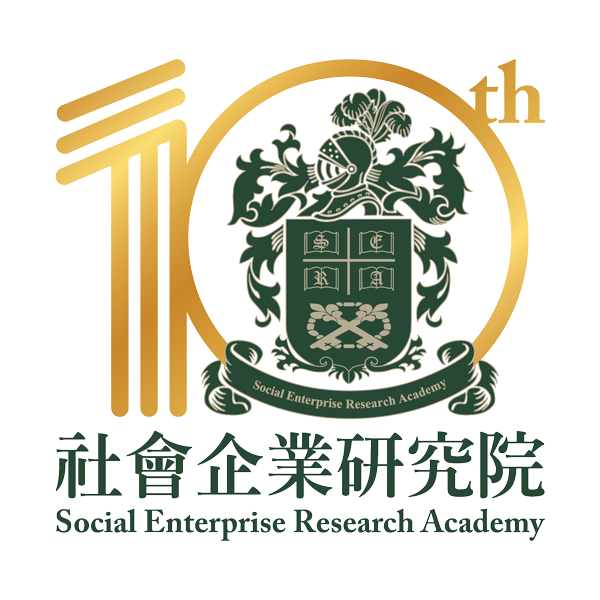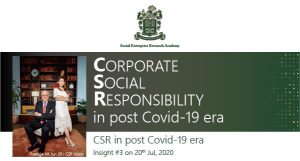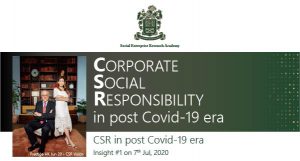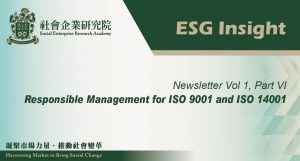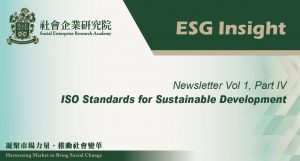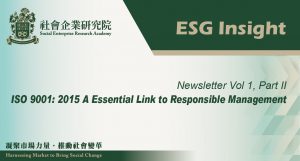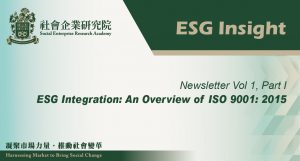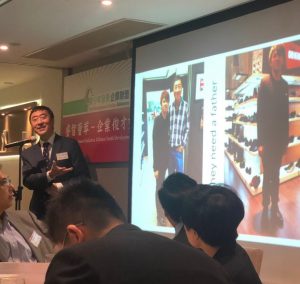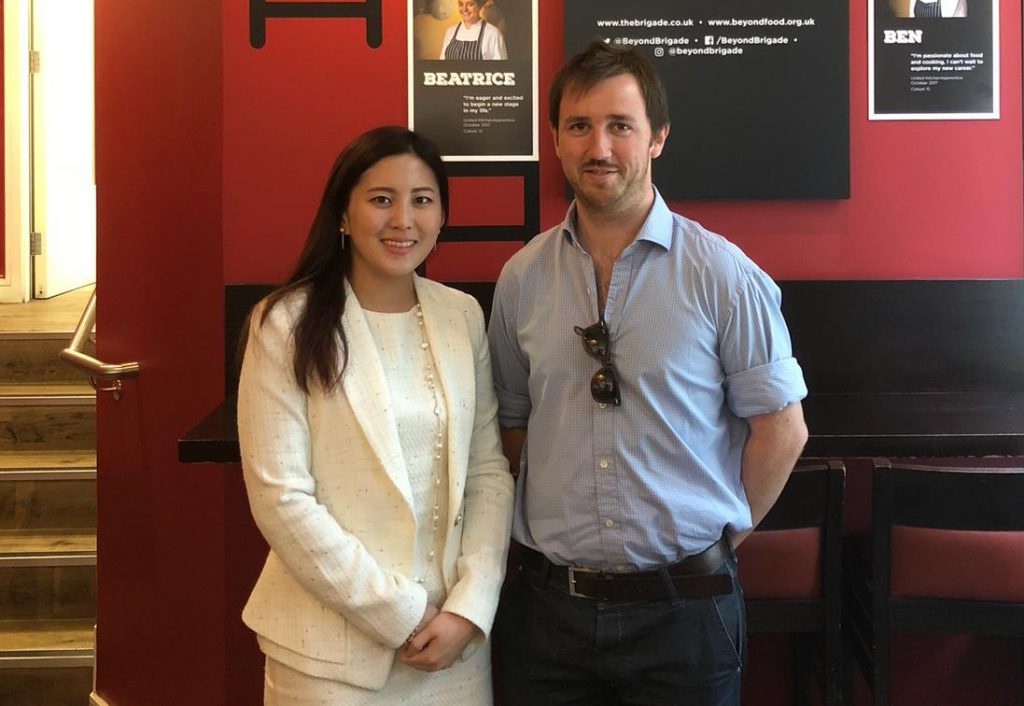
Social enterprises are an indispensable part of a civil society. In the United Kingdom, the management and development model of social enterprises has gradually changed. The focus now is on the expansion of supply chain between social enterprises and the strengthening of legal protection for social enterprises. These are very important for countries still in the exploration stage. Since social enterprises has in commercial operations, social and economic objectives must be balanced. Integrating and strengthening the supply chain would be the only way to achieve the above two goals. It is also one of the key tasks of SEUK and other large social enterprises.
Actively recruiting members to expand the supply chain network of social enterprises
As one of the largest social enterprises in the UK, SEUK has actively expanded its membership network in recent years (note: one organization is counted as one member). SEUK serves as a platform for its 2000 members, which comes from a variety of industries. The large number of members provides a solid foundation for SEUK to develop a social enterprise supply chain. “We don’t directly assist our members, we stimulate their development and increase the demand for social enterprises.” Charlie Wiggleswort, the deputy chief executive of SEUK, who is in charge of commercial operations, said that SEUK will provide training to members’ employees about the operation model of social enterprises.

He also mentioned that SEUK will also hold regular workshops, gatherings, conferences and summits to allow members to exchange ideas and share their experiences in operating social enterprises. This simple and effective way allows members to communicate with each other and become partners to help develop a mature supply chain system among social enterprises.
At the same time, SEUK also acts as a corporate consultant to assist private companies in industries facing labour shortage to undergo mergers and acquisitions (M&A), transforming them into social enterprises and strengthen its connection to the society. Through this method, the transformed company, now a social enterprises, can enjoy tax concessions. Also, these new social enterprises can employ the marginalized and the vulnerable people such as prisoners and drug abusers, and train them to provide new sources of labour for the industry.
In 2016, SEUK launched the “Buy Social Corporate Challenge.” According to a report published by SEUK in the first half of the year, expenditure of the participants of “Buy Social” has reached £45 million, of which nearly £3 million has been reinvested in social responsibility-related projects.
The report also pointed out that 67% of respondents who participated in the program said they received new contracts during the year; 57% believed that “Social Goals” became their common concept with strategic suppliers, a break-through from the traditional business concept of profit-making; up to 100% of respondents agree that the Challenge is helpful to social enterprises to achieve the goal of diversifying suppliers.
Charlie Wiggleswort stressed that another responsibility of SEUK is to promote legal improvement to the government and to allow social enterprises to operate in a more suitable environment. SEUK often recommend social enterprises to the government from time to time in order to encourage the government to be the role model in the society.
Improvements on laws and regulation, providing tax exemptions and reductions to encourage enterprise to change from “private” to “social”

Thanks to the long-term initiative of SEUK and other social enterprises, the laws and regulations relevant to social enterprises in the UK are comprehensive. For example, between 2004 and 2005, the United Kingdom introduced the following entitlement laws, including “Company (Audit, Investigations and Community Enterprise)” and “Community Interest Companies”.
The former adds a new corporate model: Community Interest Company, which provides a legal status to social enterprises; the latter is a special specification for community-based companies to ensure its assets and profits can be effectively utilized in social welfare and environmental protection.
Until 2013, the British government has enacted the Public Services (Social Value) Act, which requires government agencies and public agencies to consider the economic, social and environmental well-being of the district when approving public service contract, leading to a great increase of the demand for the social enterprise services.
A survey conducted by SEUK two years after the implementation of the law showed that 59% of social enterprises had business dealings with the public sector, and almost half of the main sources of income of social enterprises were from public sector contracts.
Apart from legal development, tax incentives also attract more investors and entrepreneurs willing to get involved in social enterprises. In 2016, the British government introduced the Social Investment Tax Relief (SITR) to enable social enterprises to obtain more financial resources from society. According to the new measures, if investors lend 10,000 pounds to social enterprises, they will claim a 3,000 pounds income tax relief; social enterprises that have been established for less than seven years can apply for government subsidies of up to 1.5 million pounds, compared with 293,000 pounds in the past three years.

Young people are becoming the new blood in UK social enterprise sector, Hong Kong needs to improve relevant regulations
Charlie Wiggleswort also mentioned that one of the reasons of the smooth development of social enterprises would be the mentality of the youth. In the last decade, the UK has launched a number of social enterprise start-ups. Young people believe that operating as social enterprises is the right direction, broadening to a more diverse range of social enterprise. We now not only see social enterprises operating in just a few kinds of businesses such as restaurants or bars, other companies such as software testing companies begin to operate under the social enterprise model.
In order to promote the development of social enterprises, SEUK conducts a number of researches for social enterprises in the UK. At the same time, SEUK also helps other countries to do similar research, such as China and India, so that they can introduce effective methods of British social enterprises to other countries. They can absorb each other’s experiences and learn from each other.
As for Hong Kong, the development of social enterprises is also at the stage of exploration. Social responsibility is mainly handled by NGOs such as Tung Wah Group of Hospitals and Po Leung Kuk. Charlie Wiggleswort said NGOs in the UK provide welfare, medical care and other social services to the public. NGOs do not take the full burden of providing social service, social enterprises also fulfills the role. Hong Kong’s current priority is to improve its regulations, allow social enterprise be named in order to provide a solid foundation for social enterprises to thrive.
(The author, Miss Bonnie Liao is the publisher of the magazine “the Creator” and the General Director of Social Enterprise Research Academy)
